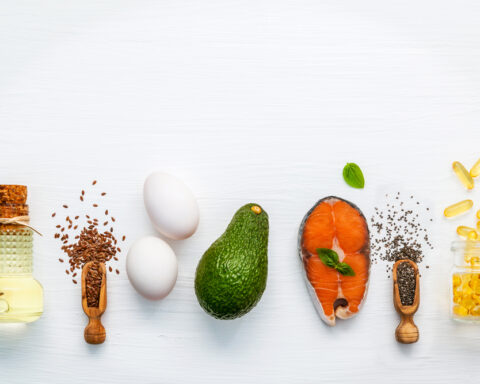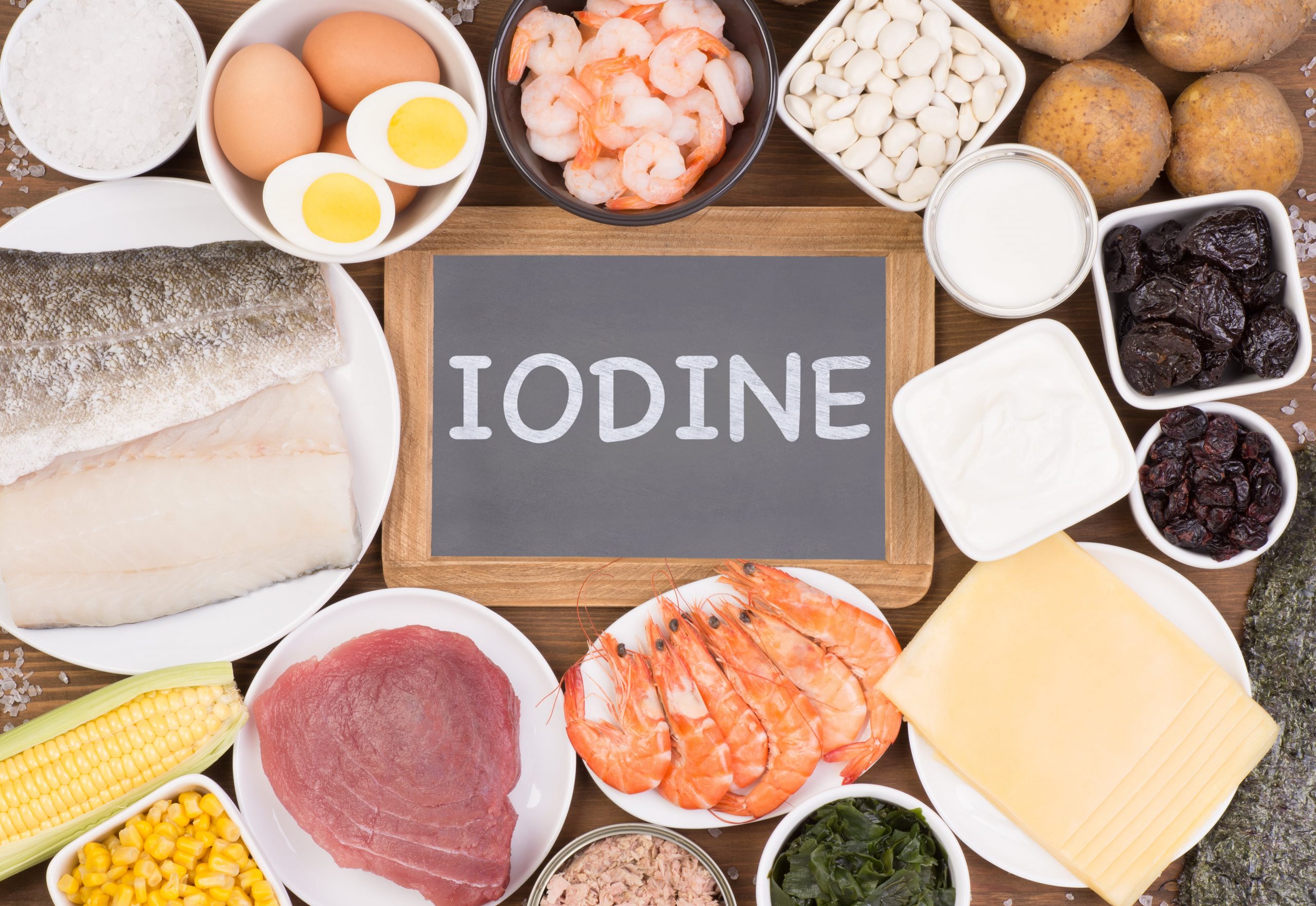The three majoromega-3 fatty acids known are alpha-linolenic acid (ALA), docosahexaenoic acid (DHA), and eicosapentaenoic acid (EPA). Among multiple things that your body requires to function normally is omega- 3. When you consume ALA via the diet, the body naturally converts it into longer chains of omega-3 fatty acids such as DHA, which is super important for brain health.
It is necessary to take care of your health by taking nutritious food. Omega-3 is required to have normal functioning in the body. But what are the sources of omega-3 fatty acids? Understanding the benefits and sources of omega-3 fatty acids is vital. Over the decades, omega-3 fatty acids have been proven to be essential to the human body. Fatty fish is a perfect and commonly recognized dietary source of omega-3.
While people can meet the agreed omega-3 intake by consuming plant-based foods, dietary challenges make it a tall order, which is why it is essential to point out various sources of omega-3. This article will explain various plant sources of omega-3 fatty acids.
Algal Oil
Alga oil, a variety of oil derived from algae, stands out as one of the few vegan sources of DHA and EPA. One research compared cooked salmon to algal oil capsules and saw that both were well tolerated and equivalent in absorption. It has been associated with health benefits like memory improvement. Usually available in soft gel form, algal oil supplements typically supply 400-500 mg of combined DHA and EPA. Generally, it is recommended to consume 300-900 mg of combined EPA and DHA per day.
Flaxseeds
Flaxseeds are nutritional powerhouses, supplying a good quantity of fiber, magnesium, protein, and manganese in each serving. They are perfect sources of omega-3 fatty acids. Several types of research have demonstrated the heart-health benefits of flaxseeds, largely due to their omega-3 fatty acid content. Flaxseed oil and flaxseeds have been shown to lower cholesterol in several studies.
In another study, flaxseeds can assist in lowering blood pressure, particularly those diagnosed with this condition. Analytically, one-ounce (28) grams of flaxseeds contains 6388 mg of ALA omega-3 fatty acids, exceeding the daily recommended quantity. These seeds are easier to incorporate into your diet and can be a staple ingredient in vegan baking.
Chia Seeds
Chia seeds are a perfect plant-based source of ALA omega-3 fatty acids. They are said to have a high amount of protein and fiber. Analytically, chia seeds have 5.055 grams of ALA per 1-oz serving. They are very popular due to their various health benefits. Chia seeds can decrease the risk of chronic diseases when consumed as part of a healthy diet. A study showed that eating a diet with chia seeds, soy protein, nopal, and oats reduced the blood triglycerides, glucose intolerance, and inflammatory markers.
One ounce of (28 grams) of chia seeds can meet and exceed your daily recommended intake of omega-3 fatty acids. According to specialists, the daily recommended intake of ALA for adults above 19 years is 1100 mg for women and 1600 mg for men. You can improve your chia seed intake by whipping up a nutritious chia pudding or sprinkling chia seeds on top of yogurts or smoothies and salads. Ground chia seeds may be used as a vegan substitute for eggs.
Perilla Oil
Perilla oil is derived from perilla seeds. It is mostly used in Korean cuisine as a cooking oil and condiment. It is also a rich source of omega-3 fatty acids, versatile and flavorful ingredients. A research of 20 older adults replaced soybean oil with perilla oil and found that it leads to hiking of ALA levels in the blood to double. In the long term, it contributed to an increase in DHA and EPA blood vessels. Perilla oil contains high omega-3 fatty acids, with ALA making up an estimated 64% of this seed oil. It is known that each tablespoon (14 grams) contains 9000 mg of ALA omega-3 fatty acids.
Perilla seeds should be used as a dressing of flavor enhancer rather than cooking oil. The reason is that oils high in polyunsaturated fats can oxidize with heat, resulting in harmful free radicals that can cause disease. Perilla oil is available in capsule form for faster and is the best way to elevate your level of omega-3 intake.
Walnuts
Walnuts have healthy fats and ALA omega-3 fatty acids. Walnuts contain 65% fat by weight. According to the studies performed, walnuts could help boost brain health due to their omega-3 content. Also, it has been discovered that walnuts can boost learning and memory. It is found that one serving of walnuts can fulfill an entire day`s needs of omega-3 fatty acids, with a one-ounce (28 grams) supplying 2542 mg. Add walnuts to your homemade cereal or granola, sprinkle them on yogurt, or snack on a handful to elevate your ALA intake.
Hemp Seed
In addition to magnesium, protein, zinc, and iron, hemp seeds contain about 30% oil and have a good amount of omega-3s. Studies have shown that omega-3s contained in hemp seeds benefit heart health. They do this by preventing the formation of blood clots and helping the heart recover after a heart attack. Research shows that each one ounce (28 grams) of hemp seeds usually consists of approximately 6000 mg of ALA. Hemp seed oil is derived from pressing hemp seeds. It can also be eaten to provide a concentrated dose of omega-3 fatty acids.
Brussels Sprouts
Besides its high vitamin L, fiber, and vitamin C content, Brussels is a perfect source of omega-3 fatty acids. Cruciferous vegetables like Brussels sprouts contain high nutrients and omega-3 fatty acids, and they have been associated with multiple health benefits. An increase in the intake of cruciferous vegetables is linked with a 16% lesser risk of heart disease. A half-cup (44 grams) of raw Brussels sprouts consists of around 44 mg of ALA. Additionally, cooked Brussels sprouts have three times as much, supplying 135 mg of omega fatty acids in each half-cup (78-gram serving)
Conclusion
Omega-3 fatty acids are pivotal components of the diet to reduce inflammation and keep the body healthy. People need to realize the balance of omega-3 in combating inflammation. Additionally, people should limit the high consumption of omega-6 and take the recommended amount of omega-3 fatty acids. A variety of vegetarian, fish, and vegan sources can assist people in escalating their omega-3 intake. Omega-3 supplements are also available. It is necessary to include the three major types of omega-3 in the diet and keep its ratio balanced.
- How to Manage or Improve Anxiety - September 21, 2023
- The birth of a company - July 29, 2023
- Online Fitness & Nutrition/Personal Training by Rob Powell - July 7, 2023









